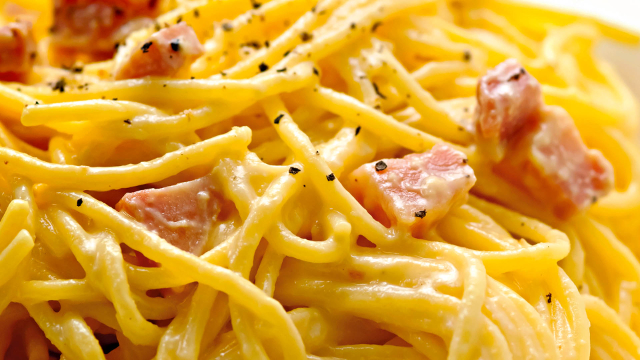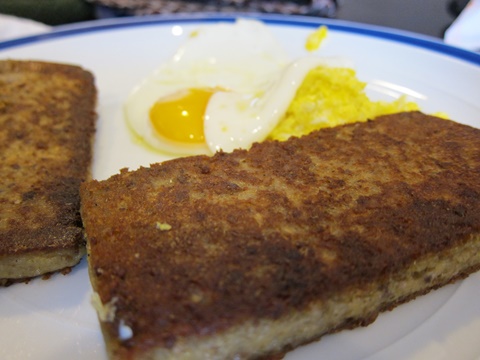The pancake recipe has made a long journey, crossing continents and entire centuries to our tables, directly from the United States, but the delicious pancakes stuffed with maple syrup, jam, honey or dried fruit were not prepared there for the first time.
In 500 B.C., in fact, Cratino and Magnete, two fellow playwrights of the more famous Aristophanes, mention a cake made with water, olive oil and flour, cooked and round, served with honey at breakfast. The Greeks called it teganites or tagenites, referring to the type of pan in which they were prepared, but we can to all intents and purposes say (if only we could taste it!) that it is the ancestor of pancakes, although without yeast.as it often happened, many Greek traditions and recipes have been assimilated by the Romans. In fact, it is documented that the patricians loved the Alica Dolcia, a version enriched with the spices of Greek teganites. We will also have to wait many years for a leavening agent to be introduced into the recipe, but this has not prevented pancakes from spreading throughout Europe and Russia in a form very similar to crepes.
Each country, starting in the Middle Ages, prepared its own variation, some of which have survived to this day, such as the German Kaiserschmarrn, which is cut into small pieces and served with dried fruit and icing sugar.
The success of this simple and versatile dessert also reached the British Isles, where the name "pancake" was coined. In fact, we have traces of it, for the first time, in an official document of the fifteenth century. But, although the name is an English inheritance, the merit of having refined the preparation of the cake to the point of making it look like the pancakes we eat today is all Dutch.
In Holland, the pannekoek and poffertjes, pancakes baked in a specially shaped pan, are typical desserts served one on top of the other.













